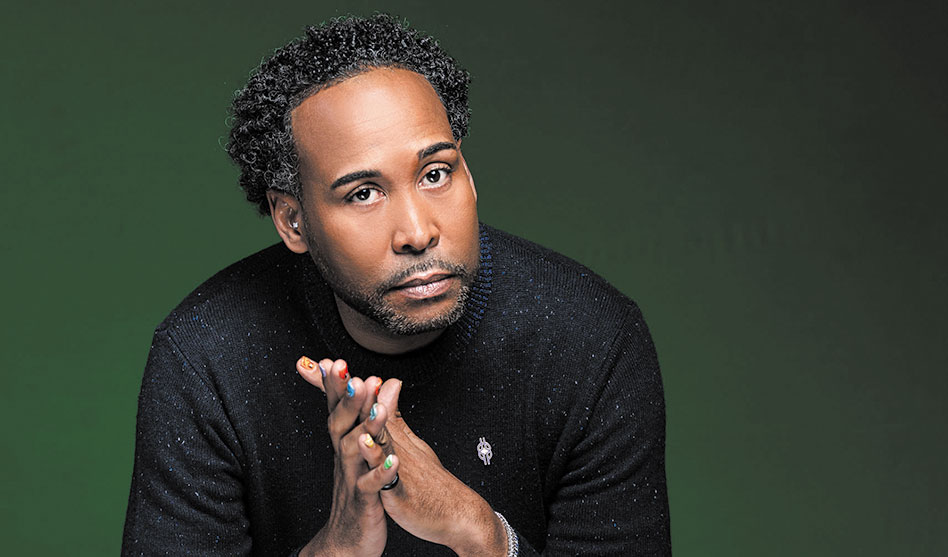Dr. David Johns
National survey IDs options for strengthening support for Black LGBTQ people in the Black community
JAMES RUSSELL | Contributing Writer
James.Journo@gmail.com
A new national survey identifies pathways for strengthening support for Black LGBTQ people in the Black community. The Black Facts study — commissioned by six Black leaders of national LGBTQ leaders and conducted by the National Black Justice Coalition in partnership with HIT Strategies — reveals large strides in line with other broader surveys about the LGBTQ community.
In the survey, 1,300 Black people were asked about personal and political beliefs, including religious views, partisan preferences and policy issues such as youth safety. The goal is to use the responses to, first, build support for Black LGBTQ people and issues and, second, to research how to increase support for the community.
“We’ve experienced the result of white and white LGBTQ leadership and know the tendency that white racial actors have for tapping Black people — women in particular —– to clean things up,” said Dr. David Johns, CEO and executive director of the National Black Justice Coalition.
Sixty-five percent, or nearly two-thirds, of Black people believe the Black community should do more to protect Black LGBTQ people, especially young people. Of the younger generations, 73 percent of Generation Z agree that the Black community should do more to support Black LGBTQ people.
Likewise, while 86 percent of Black people believe they share a fate and default to seeing all Black people as Black, support declines to 51 percent when including sexual orientation and gender identity.
The report divides participants among three categories: Active Accomplices, who actively support the Black LGBTQ community, Passive Allies, who have a high potential to be moved, and Opponents.
Among Opponents, “competing priorities” and “religious beliefs” are the two most significant barriers to supporting Black LGBTQ people and issues.
Yet 57 percent of respondents across generations are self-reported churchgoers.
“When protecting young people is brought up, even if respondents hold problematic views and church values, people remain concerned when families kick out kids,” he said.
It’s also higher than the national average, Johns said.
A major indicator of people’s changing attitudes toward cultural and social issues is The American Values Atlas, an annual report issued by the Public Religion Research Institute. Each year, 50,000 respondents across geographic, faith, gender and political views are asked about their feelings on LGBTQ nondiscrimination protections, same-sex marriage and other issues used by religious opponents and supporters of such policies.
The PRRI study notes that in 2015, nearly two-thirds of Black Protestants favored laws protecting LGBTQ Americans from discrimination (64 percent), compared with more than three-quarters in 2023 (77 percent). That’s a 13-percentage-point increase and the highest among religious respondents.
While LGBTQ people are slowly gaining more representation in larger surveys, Black LGBTQ people, as well as other LGBTQ communities of color, are frequently underrepresented in surveys about the LGBTQ community’s needs. Johns has criticized the census as failing to accurately collect the views of LGBTQ people, especially of color. The discrepancy is not new.
Other LGBTQ organizations, including the National Center for Lesbian Rights, have as well. That’s why the report is so important.
“Research highlights important perceptions and perspectives that will allow our messaging strategies and analysis to include a thoughtful, inclusive and intersectional approach to ensure that we are doing everything we can to protect all LGBTQ people,” said National Center for Lesbian Rights Executive Director Imani Rupert-Gordon.
Overall, the report reveals that many Black people are supportive of the Black LGBTQ community and movable.
“Those who purport to care about democracy, progressive progress, or collective freedom must prioritize investing in the leadership of Black queer, trans, and gender-expansive leaders who have a demonstrated history of loving and advocating on behalf of the Black community,” said Johns.

